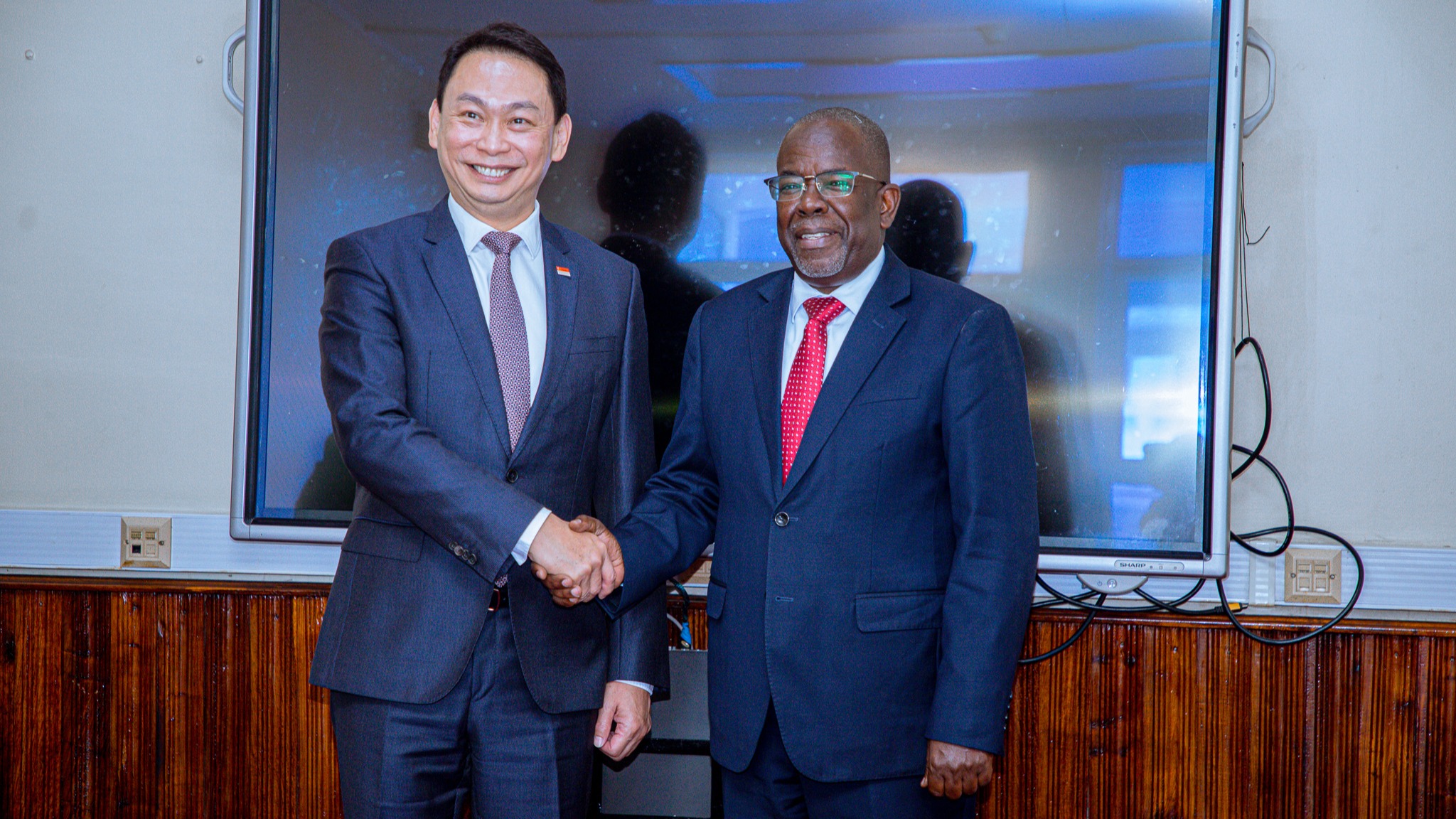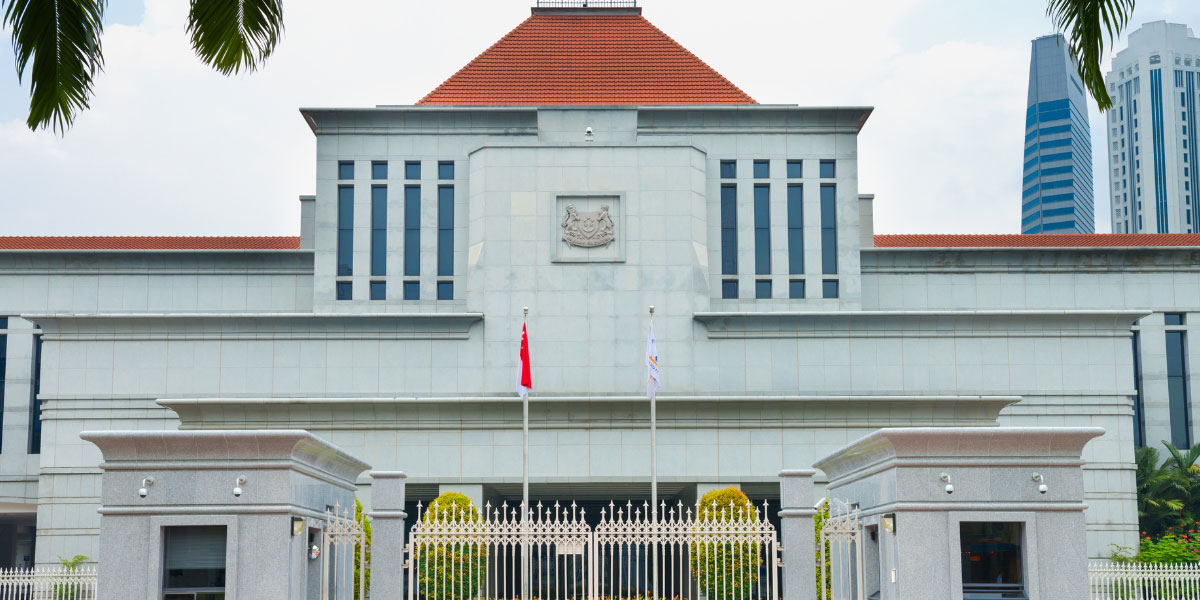In the Singapore budget for 2022, delivered on 18 February 2022, the Finance Minister announced that Singapore will consider introducing a “top-up” tax as part of the adjustments to its corporate tax in response to the OECD/G20 two-pillar international tax proposals for large multinationals.
The Minimum Effective Tax Rate (METR) would top up the effective Singapore tax rate of multinational enterprises to 15%. This is the same as the rate agreed upon as a global minimum tax under Pillar Two of the OECD/G20 international tax proposals.
Singapore needs to collect more tax revenue to fund support for individuals and business in the short term and wider measures to benefit the economy in the long-term. This requires important enhancements to strengthen the tax system.
The Inland Revenue Authority of Singapore (IRAS) is to study the position and hold a consultation with business on how to design a METR. Current international developments would be monitored in reaching the final decisions on introduction of the METR.
The Finance Minister mentioned that it is premature at this stage to try to estimate the advantages and disadvantages to Singapore of the two-Pillar international tax proposals, as the final details of the proposals are still to be worked out. However, the Minister considered that Singapore would lose tax revenue under the Pillar One proposals. The proposals would redistribute some taxable income of large multinationals to the market jurisdictions where they operate, based on specified allocation criteria, but Singapore would not gain from this because its domestic market is small.
The introduction of the METR could bring more tax revenue, but the impact on Singapore of the global minimum tax under Pillar Two would depend on how governments and multinational companies respond to the minimum tax.
The two-pillar international tax proposals in BEPS 2.0 are intended to reduce harmful tax competition and profit shifting to low tax jurisdictions, but the result may be an increase in the use of non-tax incentives to attract foreign investment, especially in view of the need to reconstruct and return to growth following the crisis caused by the pandemic. This will be taken into account as Singapore considers future policies.
Although the main corporate tax rate in Singapore is currently 17%, many multinationals operating in Singapore are able to reduce their effective tax rate below that level by means of the tax incentives offered by Singapore. Under the new OECD/G20 Pillar Two proposals for a global minimum tax, if a large multinational enterprise has a low effective global tax rate, the home jurisdiction or another country might have a chance to charge a top-up tax on the enterprise. Singapore could adjust its system to collect this top-up tax itself by raising the effective tax rate in Singapore to 15% in cases where it is below that level.
The further study to be done by the IRAS and the consultation with business will help to determine the next steps in ensuring that Singapore can collect more tax and remain an attractive location for international investment.













